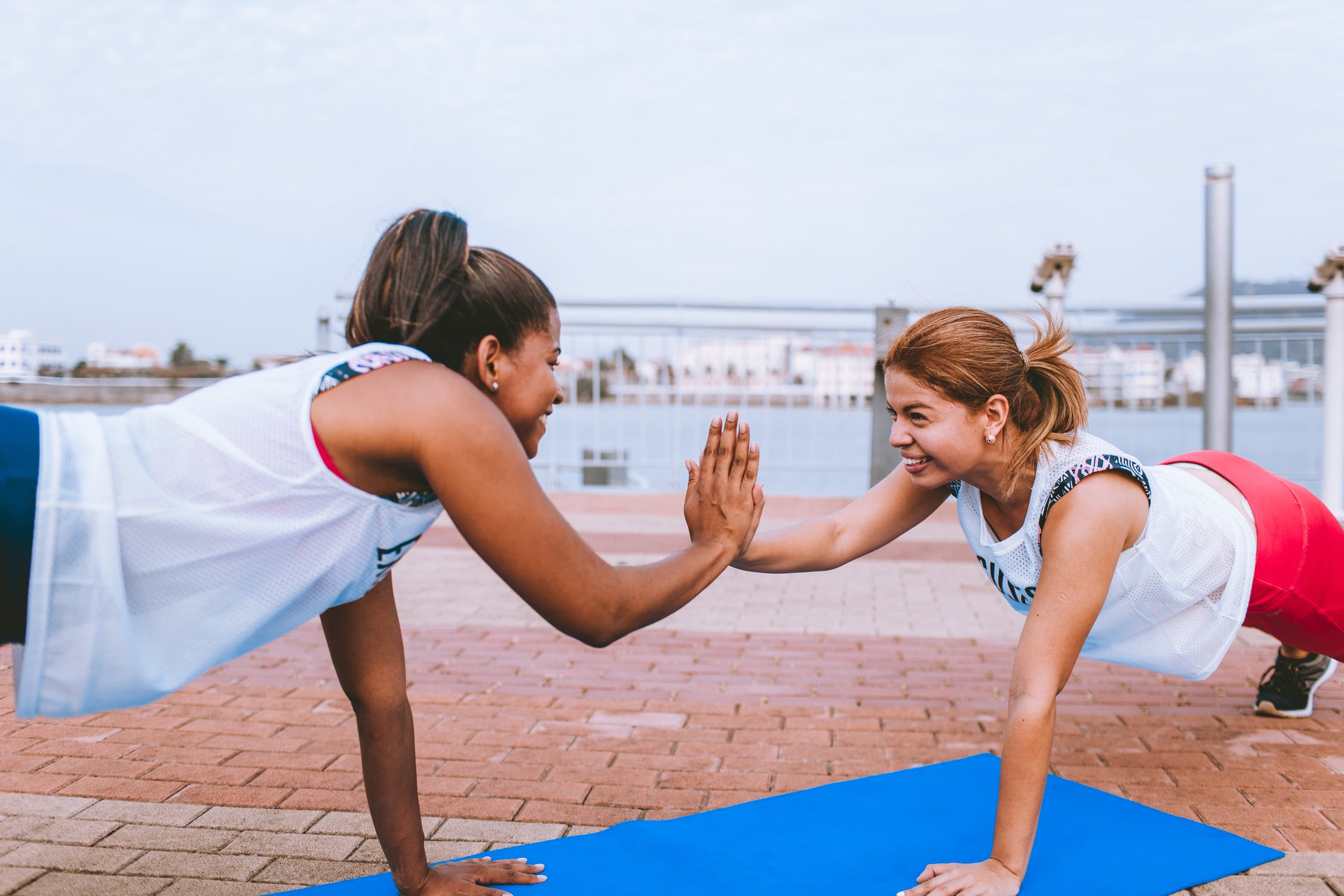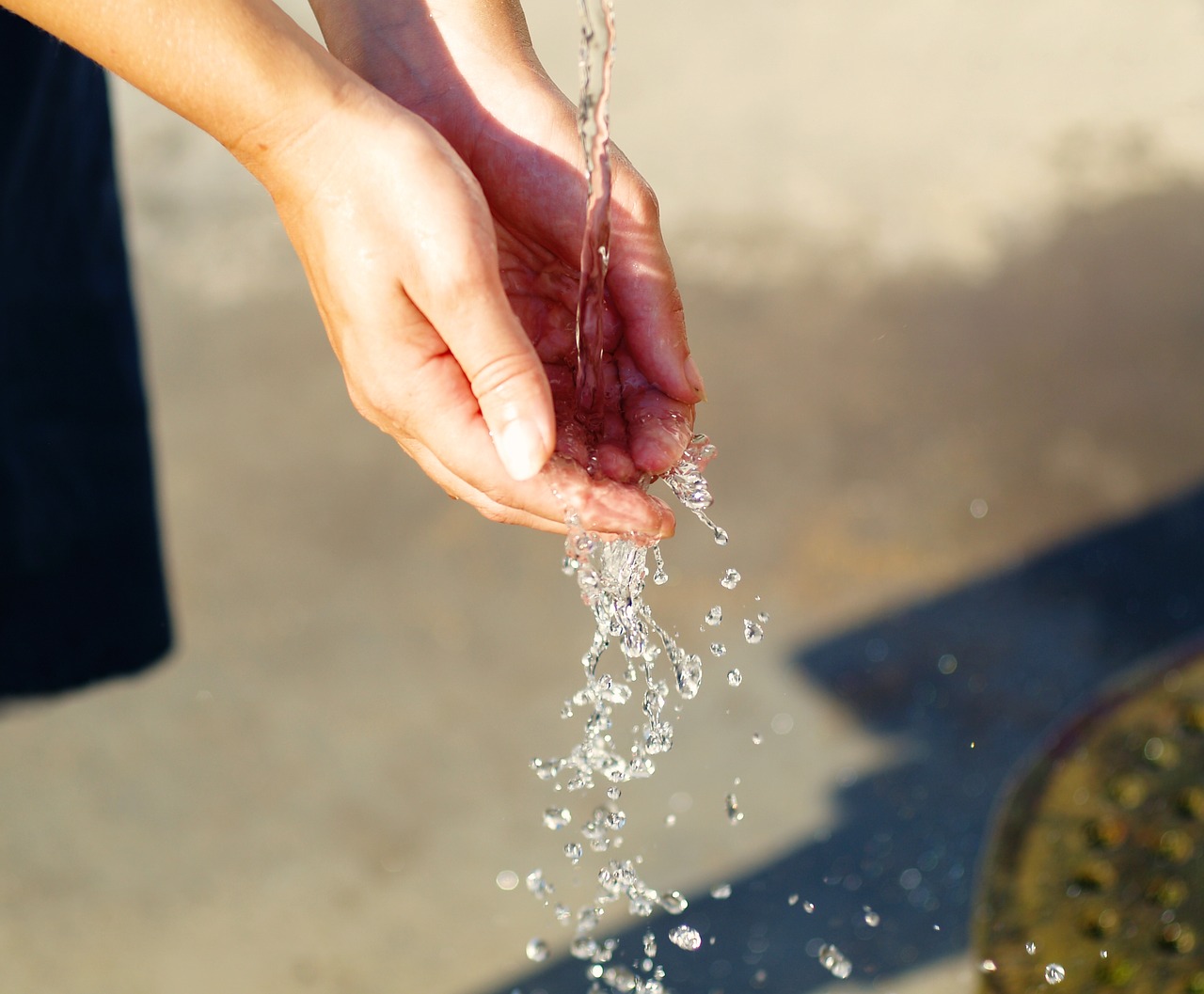There’s nothing worse than lying in bed, continually counting down the hours until you have to be up in the morning — “seven, six, five, oh no two hours to go. I’m never making it to my 8 a.m.” Sleep is a precious time that your body needs for mental and physical function. As much as we think we can just “make-up’”sleep on the weekends, that is unfortunately not the case.
If making it to your 8 a.m. classes is constantly a toss-up, try out these tips to get to sleep fast.
1. The Perfect Pillow

You do not have time to mess around with the wrong pillow. The wrong pillow can cause restlessness, neck pain and can make you dread a night of sleep without even knowing it. Everyone has a different preference, whether it’s firm, fluffy, flat, etc. Take the time to go and try out multiple kinds of pillows, spending a few nights on each one to see which type fits you and helps you get the best sleep of your life.
2. Your Bed

This may seem like a given, however many people don’t realize the effects this can have on a good night’s sleep. Take the time to make your bed a safe haven. This means, do not do your homework in bed, or any work for that matter. Doing work in your bed teaches your mind that it needs to be alert and fully functioning in that environment, leading you to struggle when trying to unwind to go to sleep. Especially in college, you may not have a choice when it comes to a mattress but certain blankets can help you fall asleep faster, such as weighted blankets or cooling blankets. Be selfish when it comes to your bed, you deserve it.
3. Find Your Temperature

Studies show that sleeping in a cool room promotes a better night’s sleep. A room too hot can stop our body’s natural process of unwinding. Find the right temperature for you, whether that’s keeping it warm throughout the winter or making your roommates hate you at a brisk 65 degrees. Your room temperature may change throughout the seasons. This is a factor to take note of before you grab the melatonin.
4. Reassess Your Sleep Environment

What does your sleep environment look like? Does light shine through the window every morning? Does your alarm clock or phone stay right by your head? All of these things play a role in how fast you can get to sleep. Light, whether it’s natural, coming from your alarm clock or the fluorescent lights in the hallway, affect how you sleep. “Being a midnight police officer, light exposure is very important when sleeping during the day. I keep it as dark as possible with blackout curtains,” Arlington Police Officer Brett Bigler said. Light keeps your body stimulated and doesn’t allow you to produce as much melatonin, the sleep hormone, as you would in a dark room. Secondly, having your phone next to your bed normally leads to you using it right before you want to fall asleep. Blue light before bed also delays the production of melatonin and can cause you to stay awake. Try setting up a dark environment and leaving your phone on the other side of your room to hopefully get that sleep you’ve been wanting.
5. Try Mindfulness / Relaxation Exercises

Can’t get your mind to shut up at the end of the day? Mindfulness and relaxation exercises can help clear your mind and stop it from racing. A racing mind can make falling asleep seemingly impossible. When you’re planning tomorrow’s outfit, making your to-do list or reliving scenarios in your head try this exercise. Inhale through your nose for four seconds, hold it for seven and exhale for eight. The 4-7-8 breathing method is proven to help people de-stress and relax. You can look up all kinds of exercises and even find apps to lead you through them.
6. Noise Machines

Have you ever found it easier to fall asleep when the rain is hitting your window? Noise machines or even just white noise is a great way to help stop your mind from racing and focus on the task at hand, sleep. If mindfulness exercises don’t quite do the trick, a noise machine is just the solution. Being a light sleeper can cause pain after pain when trying to fall asleep. With your roommate rolling over, your pencil falling, or rowdy neighbors, meet your new best friend — white noise. “Not only am I a light sleeper but I also go to bed early. So when it comes to staying asleep while my roommates come in and out my white noise helps tremendously,” Wake Forest University Senior Lydia Faber said. Your mind focuses on the noise allowing your thoughts to stop and surrounding noises to seem minuscule, which greatly helps you to fall asleep faster.
7. Exercise (Earlier in the Day)

Although exercise right before bed can hinder your sleep due to the pumping of endorphins, exercise during the day relieves anxiety, stress and can improve sleep quality and duration of sleep. Anxiety and stress can cause restlessness and insomnia, so having this release helps your body to relax and hit the pillow with confidence. Not only does it reduce stress levels it also helps tire your body so that you’re ready for that good night’s sleep.
8. A Pre-Sleep Warm Shower

Warm showers can balance your body temperature and have you ready for a great night’s sleep in no time. While cold showers keep you awake and hot showers can raise your body temperature which will disrupt your sleep, a happy medium is just the trick. “I love pre-sleep showers because they calm me down after a very stressful day and make me feel cleansed and ready to end the day,” Certified Nurse Assistant Chloe Harty said. Not only does this help your body temperature, but there is nothing like getting into bed fresh and clean.
9. Be Nice to Your Circadian Rhythm

As college students, our routine is far from consistent. However, falling asleep at 2 a.m and waking up at 8 a.m., then sleeping in on the weekends and staying up late, only causes your body more and more confusion. Having a consistent sleep cycle helps your body know when to slow down and when to ramp back up again. When you’re constantly changing, your body never knows when it should be falling asleep or waking up, causing morning drowsiness and never-ending restlessness when trying to fall asleep. As hard as it may be, try to maintain a consistent schedule of when you fall asleep and wake up. This works wonders for your nighttime.
10. Create a Bedtime Routine

This is one you can have all the fun with! Find what relaxes you, a face mask, certain music, skincare routine, aromatherapy, etc and create a nighttime routine. Take as much time as you can before you go to bed and do these regularly. Get excited for bed and for this routine so that your body gets used to unwinding. Also, with college students’ sleep schedule being so irregular, having a bedtime routine helps your body stay on plan — you’ll fall asleep in no time.



















